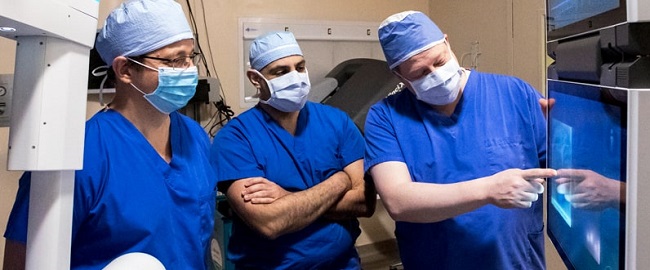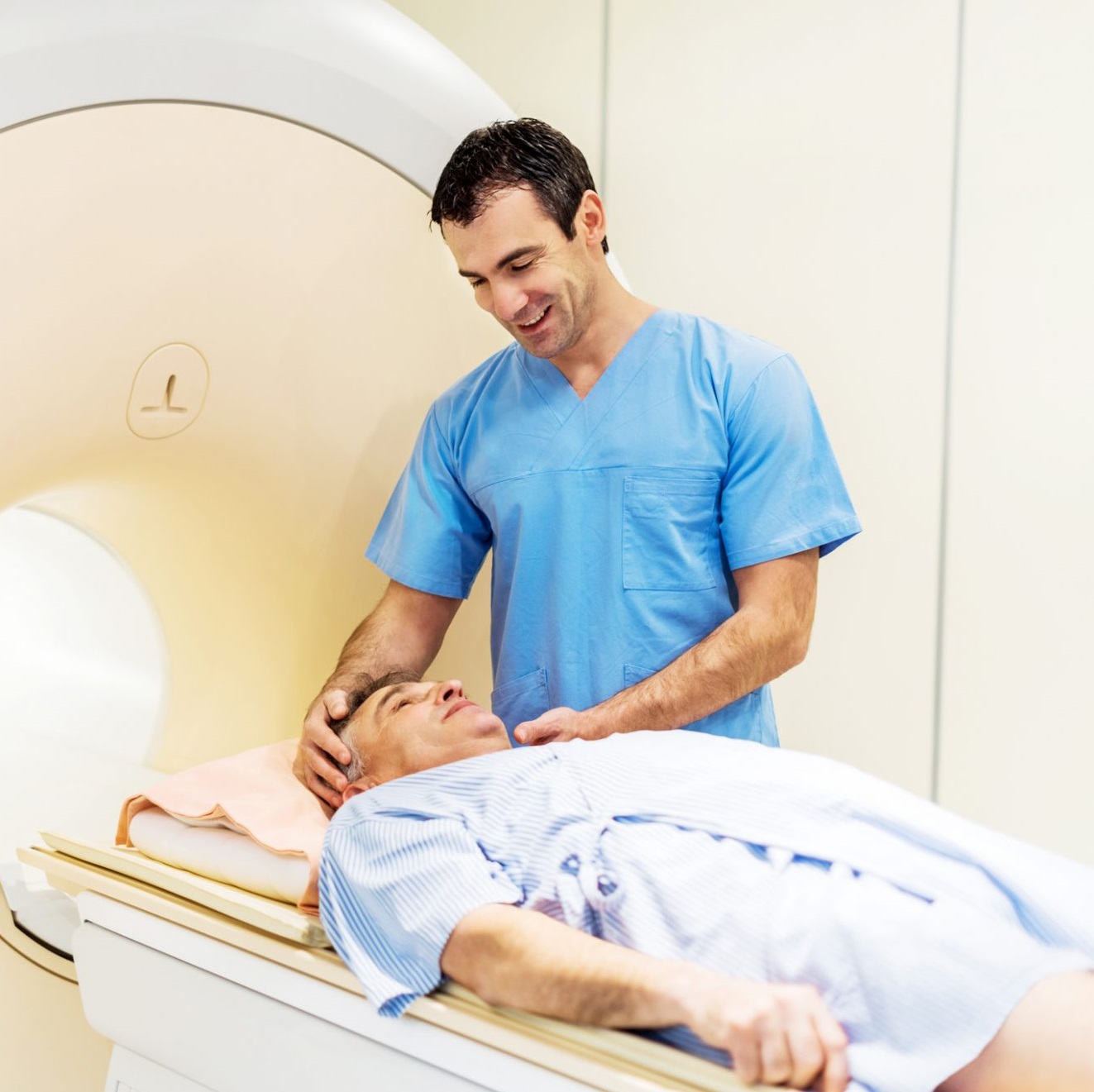Hepatobiliary and Pancreatic Cancer
The pancreas is a gland located within the abdomen, between the stomach and the spine. It assists with digestion and regulating blood-sugar level hormones. Pancreatic cancer forms due to abnormal cells in the pancreas growing and dividing, thus forming a tumor. Cells divide to form new cells on a need basis. When this process is disrupted by unnecessary new cells being produced or old cells not leaving the body, the abundance of extra cells creates a mass of tissue called a tumor.
Types of Pancreatic Cancer:
- Exocrine or neuroendocrine (PNET) tumors
- Adenocarcinoma
Diagnosis and Treatment
Pancreatic cancer can often spread to the liver, abdominal wall, lungs, bones, and/or lymph nodes. Treatment of hepatobiliary and pancreatic cancer requires an integrated approach. Hackensack Meridian John Theurer Cancer Center offers the full rage of robotic and minimally invasive surgeries to remove or eradicate tumors, along with the most advanced medical therapies. We offer a formal Pancreas Cancer Screening program and are designated a NPF Center of Excellence to curate your experience. This provides us with the resources to offer you the most effective treatment for your type of hepatobiliary or pancreatic cancer.









